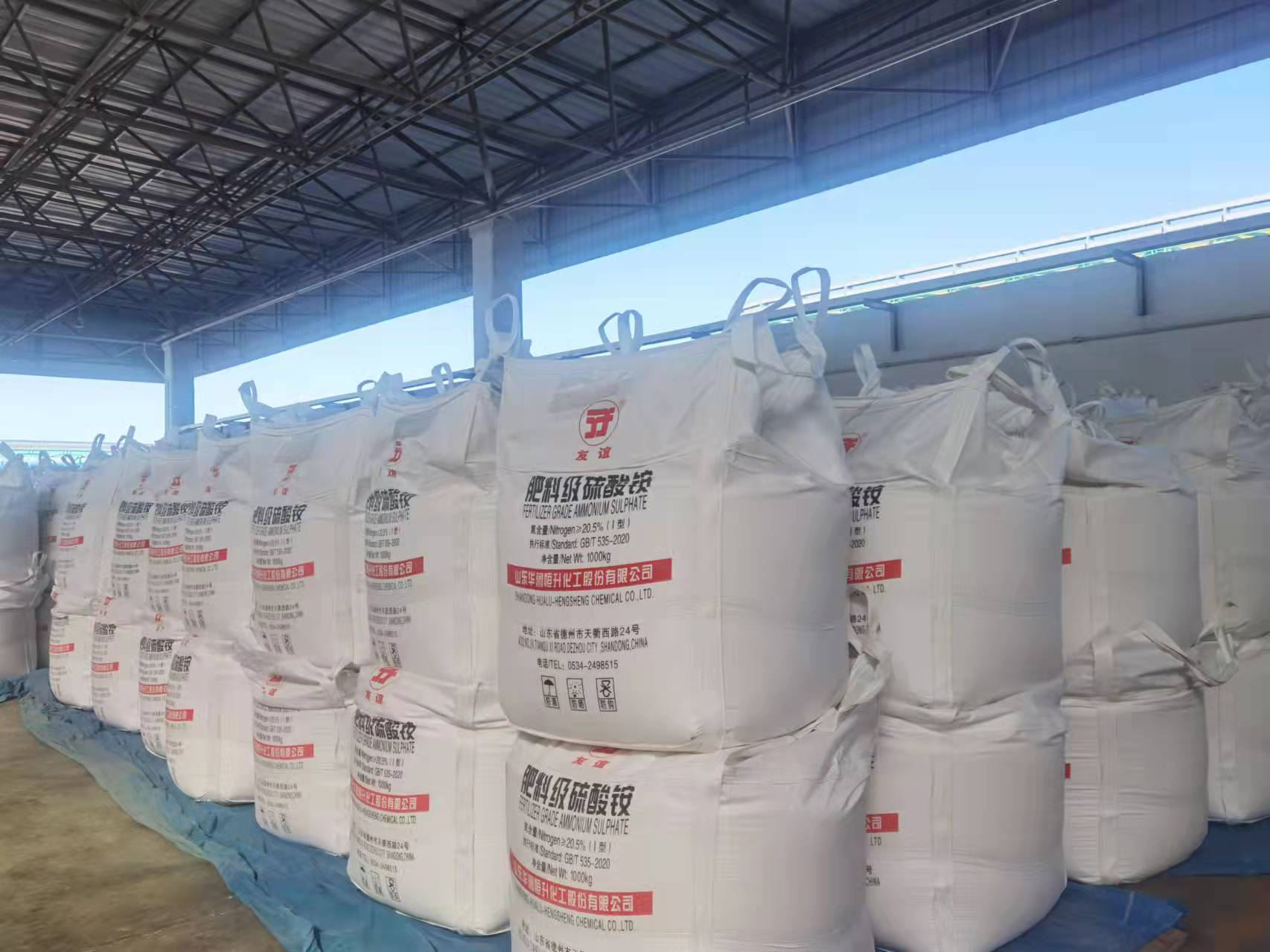
Nov . 23, 2024 16:49 Back to list
nitrogen rich fertilizer for plants
The Importance of Nitrogen-Rich Fertilizers for Plants
In the world of agriculture and gardening, the quest for maximizing plant growth and yield is a constant pursuit. Among the critical nutrients required for healthy plant development, nitrogen stands out as one of the most essential elements. This article delves into the significance of nitrogen-rich fertilizers, their composition, and their impact on plant health and productivity.
Understanding Nitrogen's Role
Nitrogen is a vital macronutrient that plays a crucial role in various physiological processes within plants. It is a key component of amino acids, which are the building blocks of proteins. Proteins are essential for plant structure and function, influencing everything from enzyme activity to cellular integrity. Additionally, nitrogen is a significant part of chlorophyll, the green pigment responsible for photosynthesis. Without adequate nitrogen, plants suffer from stunted growth, yellowing leaves, and reduced productivity.
Types of Nitrogen-Rich Fertilizers
Nitrogen-rich fertilizers come in various forms, each with its characteristics and application methods. Broadly, they can be categorized into synthetic and organic fertilizers.
1. Synthetic Nitrogen Fertilizers These are chemically manufactured products, often containing high concentrations of nitrogen in forms such as urea, ammonium nitrate, and calcium nitrate. Synthetic fertilizers provide a rapid boost of nitrogen to plants, making them ideal for quick recovery in nutrient-deficient soils. However, their overuse can lead to environmental concerns, such as soil degradation and water pollution.
2. Organic Nitrogen Fertilizers These fertilizers come from natural sources, including animal manure, compost, and leguminous plants. Organic fertilizers release nitrogen more slowly than synthetic varieties, promoting a steady supply of nutrients. This gradual release helps maintain soil health and supports beneficial microbial activity. Additionally, organic fertilizers contribute to improved soil structure and water retention.
Benefits of Using Nitrogen-Rich Fertilizers
The application of nitrogen-rich fertilizers can yield numerous benefits for plants and overall agricultural productivity
nitrogen rich fertilizer for plants

1. Enhanced Growth and Development Nitrogen promotes vigorous plant growth, resulting in lush foliage and stronger stems. This vital nutrient enables plants to reach their full potential, resulting in higher crop yields.
2. Improved Photosynthesis Adequate nitrogen levels facilitate efficient photosynthesis, allowing plants to convert sunlight into energy more effectively. This leads to increased biomass production, ultimately resulting in larger fruits and vegetables.
3. Enhanced Disease Resistance Healthy plants possess stronger defenses against diseases and pests. By promoting robust growth and development, nitrogen-rich fertilizers help improve plants' resilience, potentially reducing the need for chemical pesticides.
4. Soil Health Improvement The use of organic nitrogen sources can contribute to improved soil health. By enhancing microbial activity and organic matter content, these fertilizers can lead to more diverse soil ecosystems that promote nutrient availability and water retention.
Considerations for Application
While the benefits of nitrogen-rich fertilizers are evident, careful management is essential to avoid potential drawbacks. Over-fertilization can lead to nitrogen leaching, causing environmental issues such as waterway pollution and algal blooms. It is crucial to conduct soil tests to determine existing nutrient levels and tailor fertilizer applications accordingly.
Furthermore, crop rotation and intercropping with nitrogen-fixing plants, such as legumes, can optimize nitrogen availability in the soil, reducing the need for synthetic fertilizers. These practices not only enhance soil health but also promote sustainable farming practices.
Conclusion
In conclusion, nitrogen-rich fertilizers are indispensable for promoting healthy plant growth and maximizing crop yield. Understanding the role of nitrogen in plant physiology, the types of available fertilizers, and the benefits and considerations for their use plays a critical role in effective agricultural practices. Through mindful application and sustainable practices, farmers and gardeners can harness the power of nitrogen to ensure thriving plants and a productive growing season. By balancing the need for higher yields with environmental stewardship, we can cultivate a healthier future for our crops and our planet.
-
Premium Organic Manure Compost for Eco Gardens
NewsAug.01,2025
-
Organic 10-10-10 Fertilizer | Balanced Plant Nutrients
NewsJul.31,2025
-
Premium Amino Acid Fertilizer | Rapid Plant Growth Booster
NewsJul.31,2025
-
10 10 10 Fertilizer Organic—Balanced NPK for All Plants
NewsJul.30,2025
-
Premium 10 10 10 Fertilizer Organic for Balanced Plant Growth
NewsJul.29,2025
-
Premium 10 10 10 Fertilizer Organic for Balanced Plant Growth
NewsJul.29,2025
